More and more medical professors and senior doctors in South Korea are quitting or reducing their working hours, leaving patients fearful of being pushed into a "hostage" situation.
Kim, the mother of a 27-month-old patient, is worried about her daughter, who has kidney disease. She is being treated at Seoul National University Hospital (SNU). However, the two pediatricians in charge plan to resign in May. They urge parents to look for other hospitals to treat their children in the coming months.
Kim said she couldn't shake the feeling that her sickly baby was "being held hostage."
"I don't feel like the doctor has any obligation or responsibility to the patient when they advise me to seek medical services elsewhere. If my daughter has to be transferred to another hospital, we will have to start the testing again. It feels like both my daughter and I have to deal with all of this alone," she said.
She said the hospital also required a fee of 70,000 won ($51) to issue the necessary documents for the transfer. The family also had to pay for basic services.
This is one of thousands of families affected by a strike by interns and residents in late February to protest the government 's decision to increase the number of medical students admitted next year. The crisis has worsened as medical professors, who are also senior doctors, have announced they will quit or reduce their working hours since early May to support their students.
Specifically, professors at Seoul National University (SNU) School of Medicine and its affiliated hospitals, one of the five largest medical centers in the country, decided to take one day off from treating patients each week.
Bang Jae-seung, head of the emergency committee of the SNU Medical Professors' Council, announced that senior doctors will only treat inpatients and those in emergency or critical condition on April 30. All outpatient and non-emergency cases will not be accepted. According to him, the committee will continue to consider whether to take one day off every week in the future.
"The decision to quit on April 30 was made to heal our bodies and minds, which are tired from overwork for more than two months (since the interns quit)," Bang said at a press conference.
He pointed out that SNU professors have started submitting resignation letters since March 25. Each letter will take effect after 30 days, meaning some professors are ready to leave their jobs as early as May 2.

Medical staff at a hospital in Seoul. Photo: Yonhap
Professors at the University of Ulsan and its affiliated training hospital (Asan Medical Center) have also announced similar intentions. Those who cannot resign will take one day off every week, starting May 3. This is one of the five largest medical institutions in Korea.
"We have no choice but to reschedule the treatments and surgeries due to the professor's mental and physical limitations," they wrote in a statement.
Meanwhile, professors at Chungnam National University Hospital in Daejeon and Wonkwang University Hospital in North Jeolla have agreed to not accept outpatients every Friday, starting this week and next.
Despite the closure, hospitals will continue to treat or operate on patients in emergency or critical conditions. However, this does not ease the concerns of patients and their families, especially with the possibility that major medical facilities will also not be operating.
Since February 20, more than 9,000 resident doctors, the core force in caring for and treating critically ill patients, have left hospitals. Strikers say the reform will impact the quality of medical services, leading to higher hospital bills for patients. Instead of increasing enrollment quotas, the government should address the income and working conditions of current medical staff.
The crisis spread to the medical education sector, with medical students and many medical school professors walking off the job in support of the residents. Meanwhile, the government began revoking the licenses of nearly 5,000 of those doctors and considering criminal prosecution.
In late April, the government made a conciliatory move by agreeing to let medical schools reduce their enrollment quotas, but the striking doctors continued to protest. They said the authorities should completely cancel the decision to increase the quotas and focus on solving the income problem and protecting medical staff.
Thuc Linh (According to Korea Times )
Source link





![[Photo] Prime Minister Pham Minh Chinh receives President of Cuba's Latin American News Agency](/_next/image?url=https%3A%2F%2Fvphoto.vietnam.vn%2Fthumb%2F1200x675%2Fvietnam%2Fresource%2FIMAGE%2F2025%2F12%2F01%2F1764569497815_dsc-2890-jpg.webp&w=3840&q=75)



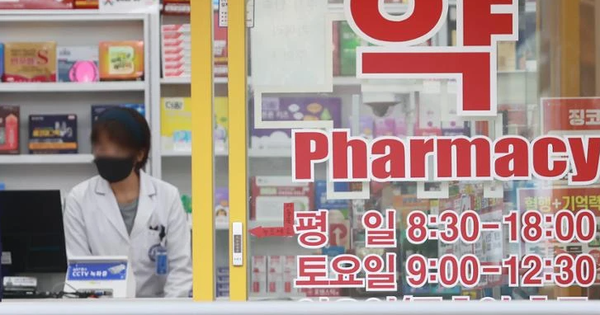
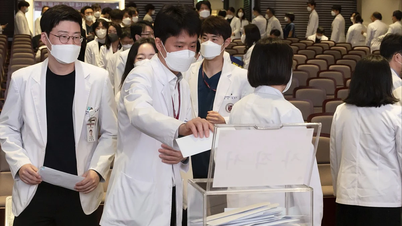
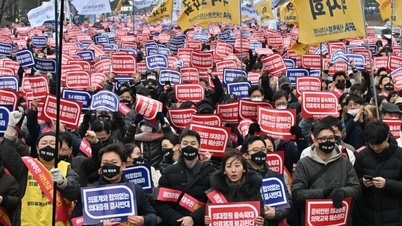


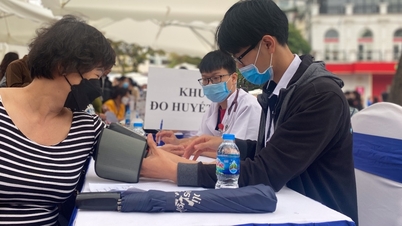

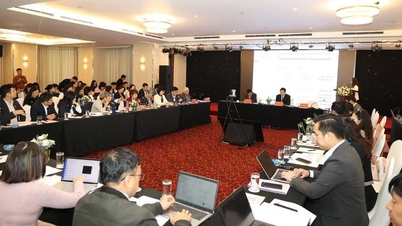

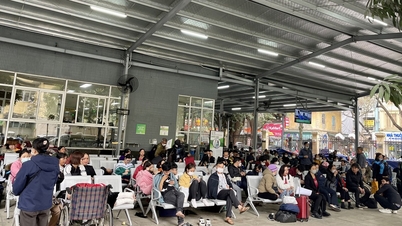

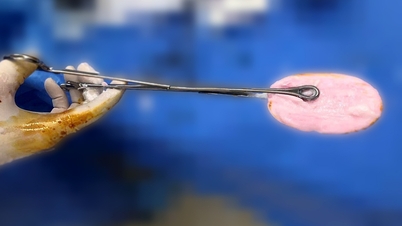
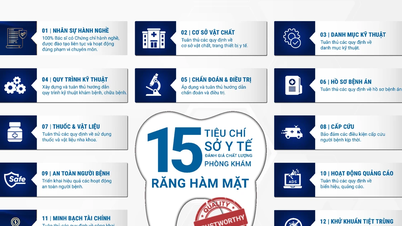

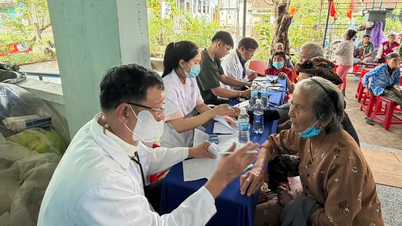


















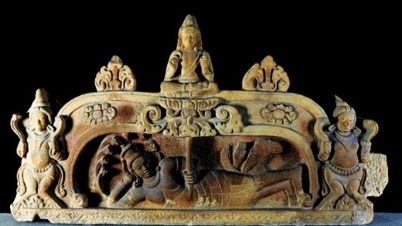
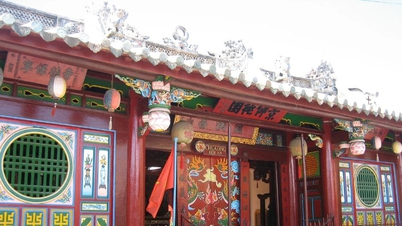

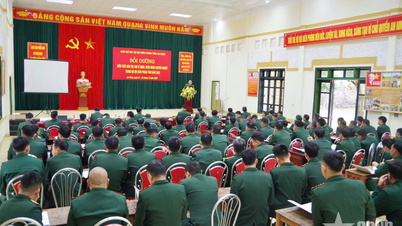


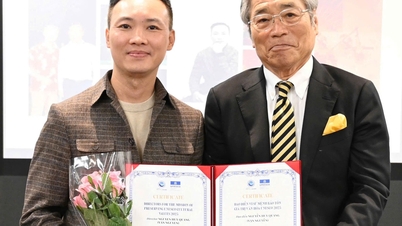




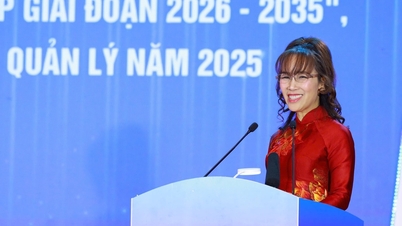



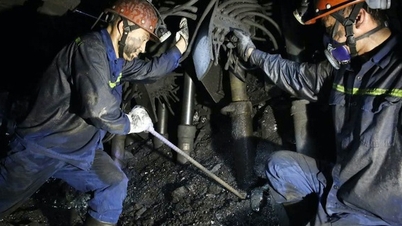














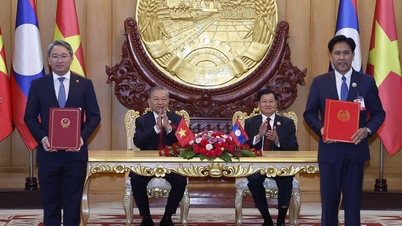


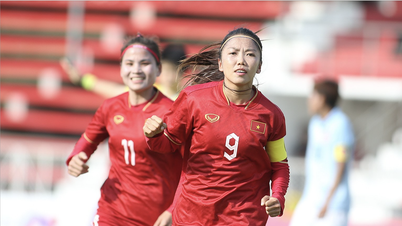


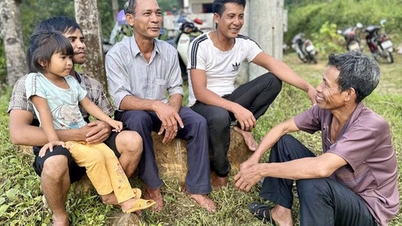

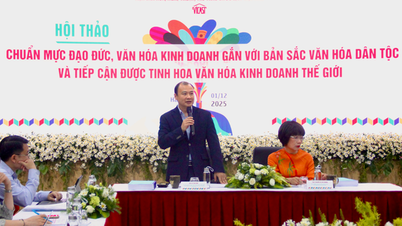
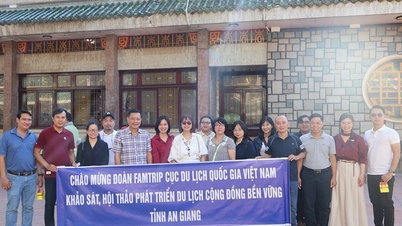
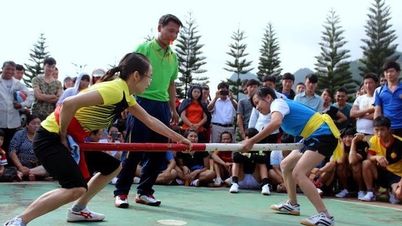
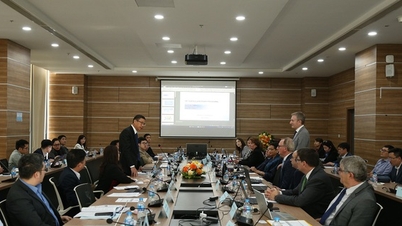



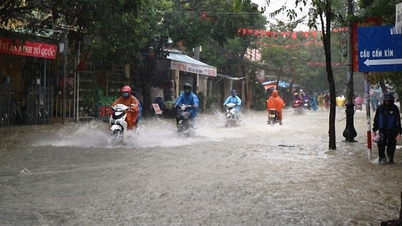

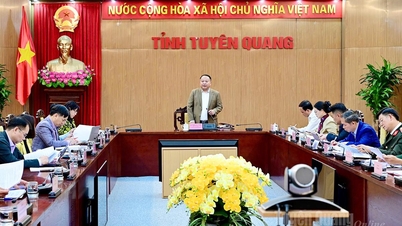















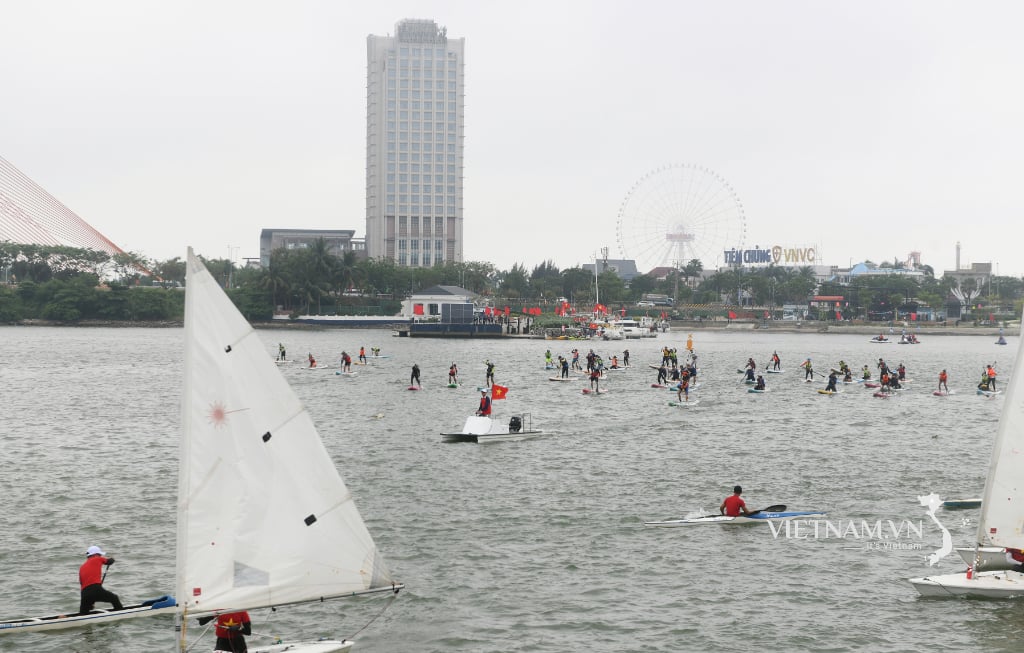
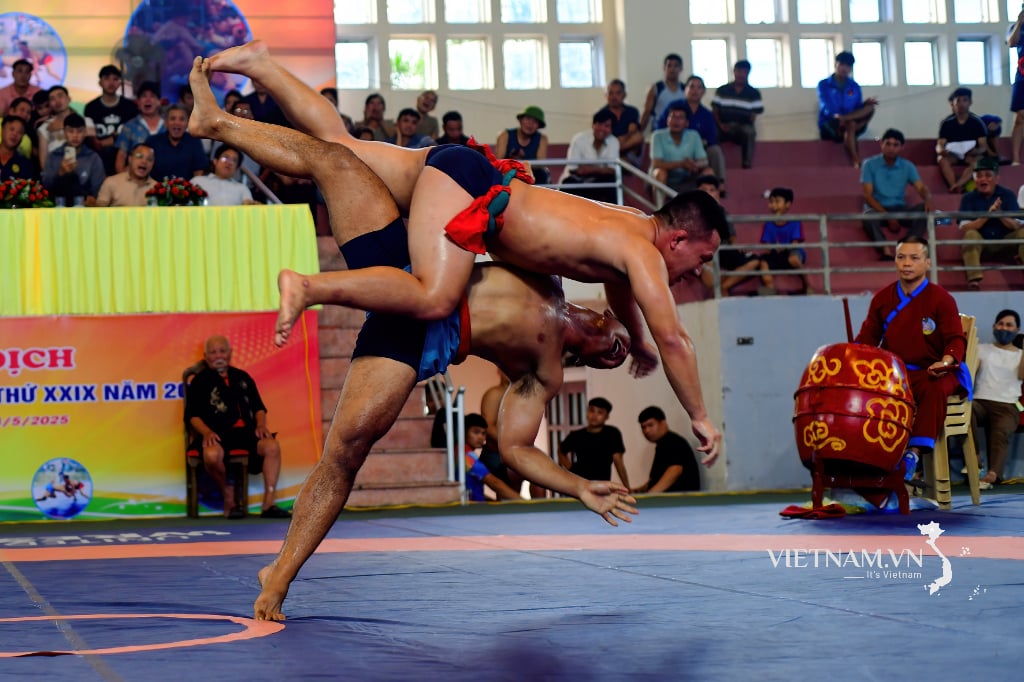


Comment (0)